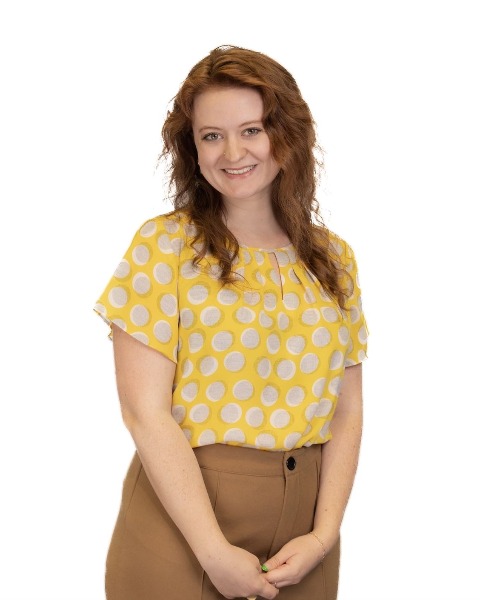Tinnitus and Decreased Sound Tolerance (TH)
PP1405 - Tinnitus Treatment in the United States: A Survey Looking into Tinnitus Treatment by Audiologists in the United States

Victoria Hanks
Fourth Year Audiology Student and Extern
University of Texas at Dallas and Miami VA Hospital
The University of Texas at Dallas
Miami, FloridaDisclosure(s): No financial or nonfinancial relationships to disclose.
Lead Presenter(s)
This study investigated the treatments typically provided by audiologists in the United States of America for the management of tinnitus. This study sought to illuminate the potential factors that play a role in selecting tinnitus treatment options by audiologists such as reimbursement, graduate and post-graduate education, specialty certifications, patient demographics, service settings, and time management. A 25-question survey was distributed through Qualtrics to over 170 audiologists around the country. Results suggest that reimbursement for services was noted as a prevalent factor by a majority of participants, as well as a lack of tinnitus-specific certifications.
Summary:
Tinnitus occurs when a person experiences auditory sensations in the absence of an external auditory stimulus. The exact number of people suffering from tinnitus is unclear, but multiple studies show that 8 to 25% of the United States population report tinnitus. This study seeks to illuminate the potential factors that could play a role in the tinnitus treatments audiologists in the U.S. provide, such as: reimbursement for counseling, education and certifications, patient demographics, service settings, time management, and other factors. By understanding where the audiologists of the Unites States stand with tinnitus, steps can then be taken to advance the treatment of tinnitus and address any lacking factors.
Participants included 172 audiologists that were sent the survey through email, social media like Facebook, and state and national organizations. The survey consisted of 25 questions in the following domains: practitioner education and certifications, patient demographics, service setting, reimbursement. Types of questions include rating scales (efficacy with services, interest in tinnitus, satisfaction with reimbursement, satisfaction with time allotted) on a scale of 1 through 5, drop down menus for multiple choice, and one optional short answer. Descriptive statistics were run on all demographic information and Likert rating scale questions. A series of chi squares analyses were completed to look at the effects of categorical demographic factors on the ratings of satisfaction, efficacy, etc.
Participants were asked to rate their preparation and knowledge in tinnitus evaluation and treatment upon completing their graduate education on a Likert Scale of 1 to 5. The average response was 3 out of 5. Over 80% of audiologists surveyed offer hearing aids to manage tinnitus at least half of the time. When asked how much time they typically spend counseling tinnitus patients in an appointment, 53% reported 5-10 minutes, 30.5% reported 15-25 minutes, 12.5% reported 30 minutes to an hour, and 4% reported over an hour spent counseling. Results indicated that most audiologists engage in formal education/training on tinnitus after graduation. However, only ~5% get tinnitus-specific certifications, indicating that the number of audiologists who have high levels of knowledge about tinnitus evaluation/management may be insufficient to address high tinnitus caseloads.
Over 60% of the responding audiologists felt that reimbursement for tinnitus treatment is a prevalent issue in audiology. Since audiologists are not reimbursed for counseling, patients must pay out-of-pocket for this professional service. In general, audiologists feel that most patients are not willing to pay for audiologists’ expertise and services regarding tinnitus.
This survey attempted to cast a broad net to learn about audiologists’ experiences with tinnitus. However, it might be beneficial for future studies to focus on one or maybe two factors at a time per survey (example, one survey all about reimbursement, one survey all about education and certifications, etc.). This study continues to emphasize that conversations about tinnitus treatment and reimbursement must continue to be addressed in the audiological community in the United States, for the benefit of audiologists as well as their high caseloads of tinnitus patients.
Learning Objectives:
- Upon completion, participants will be able to identify factors that play a role in how audiologists across the USA diagnose and treat tinnitus in various clinic settings.
